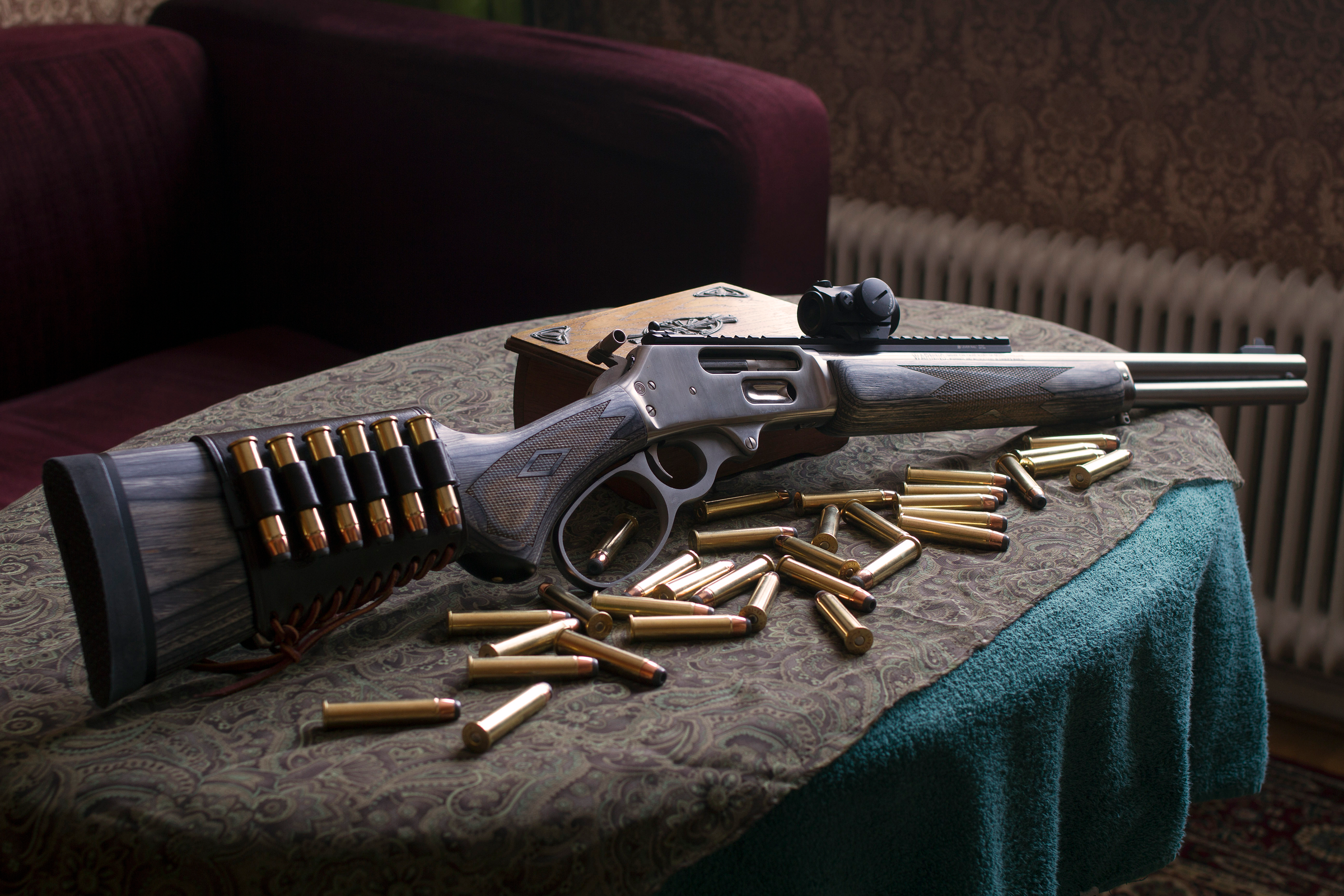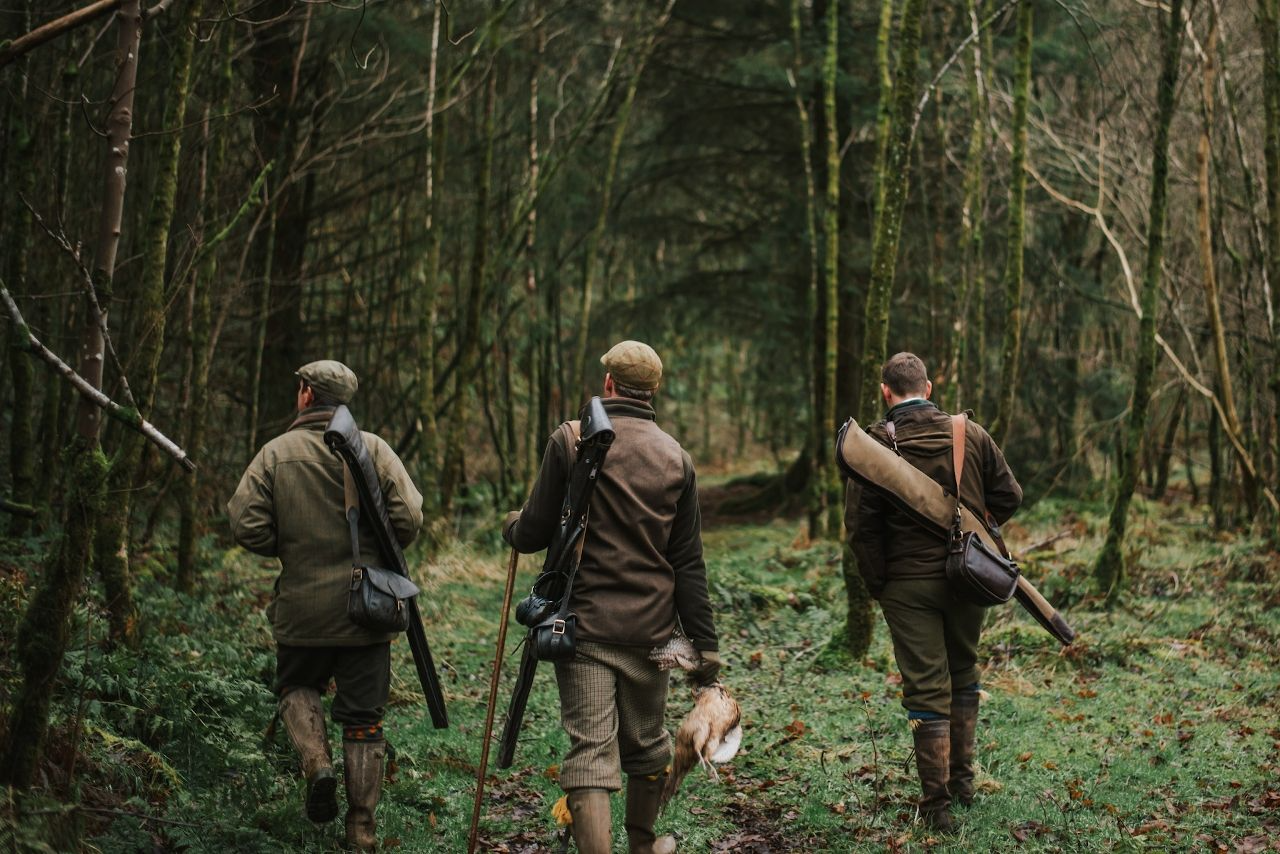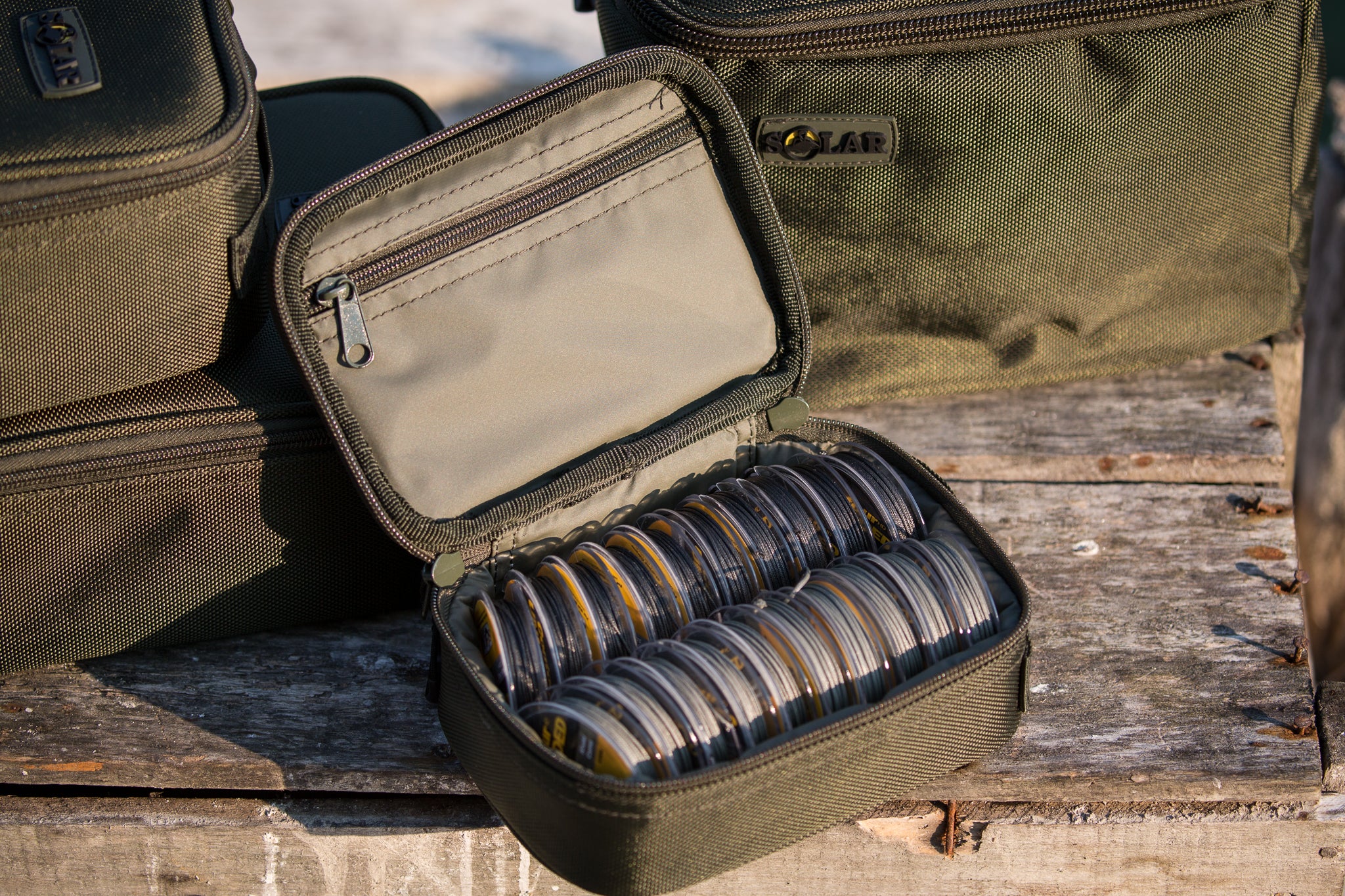How to Keep Hunting Gear Dry and Protected in Wet Weather?
Rainy days and unpredictable weather shouldn’t ruin your hunt. Moisture is one of the biggest threats to firearms, optics, clothing, and other hunting essentials. If left unchecked, it can cause rust, mildew, and gear failure right when you need it most. The good news? With the right preparation and equipment, you can keep your hunting gear dry and protected in wet weather.
In this guide, we’ll cover practical strategies, essential gear, and maintenance tips to ensure your equipment stays reliable no matter how wet the conditions get.
How to Keep Hunting Gear Dry and Protected in Wet Weather?
Why Moisture Protection Matters for Hunters?
Hunting often means trekking through rain, snow, fog, or damp environments. Without waterproofing, you risk:
-
Rust on firearms and knives – reducing safety and accuracy.
-
Fogged or damaged optics – making it nearly impossible to track game.
-
Waterlogged clothing and boots – leading to discomfort, blisters, or even hypothermia.
-
Mold and odors in stored gear – shortening its lifespan.
Protecting your hunting gear from wet weather isn’t just about comfort—it’s about performance and safety in the field.

1. Use Waterproof Bags and Cases
The first line of defense is proper storage.
-
Dry bags: Lightweight, roll-top dry bags keep spare clothing, food, and electronics safe.
-
Waterproof backpacks: Choose hunting packs with sealed zippers and coated fabrics.
-
Rifle and bow cases: Invest in waterproof or water-resistant hard or soft cases to protect your primary tools.
Pro Tip: Layer your protection. Keep sensitive gear inside dry bags, then store those bags in a waterproof backpack for double security.
2. Protect Your Firearms and Optics
Moisture is a firearm’s worst enemy.
-
Gun sleeves & socks: Silicone-treated sleeves prevent rust and protect against scratches.
-
Scope covers: Neoprene or rubber covers shield lenses from water and debris.
-
Quick wipes: Always carry microfiber or lens cloths to clear raindrops before taking a shot.
After every wet-weather hunt, wipe down your firearm and apply a light coat of rust-preventive oil.

3. Waterproof Your Clothing and Boots
Staying dry is just as important as keeping your gear dry.
-
Layering system: A moisture-wicking base layer, insulating mid-layer, and waterproof outer shell (Gore-Tex, eVent, or waxed cotton) provide all-weather defense.
-
Boot care: Treat leather boots with oil or wax and reapply waterproof spray regularly.
-
Gaiters: These prevent water from entering your boots when moving through tall grass or snow.
This combination keeps you warm, dry, and focused on the hunt—not the weather.
4. Manage Moisture Inside Your Gear
Even the best waterproof setups can trap condensation.
-
Silica gel packs: Keep them inside ammo boxes, optics cases, or gun safes.
-
Ventilation: Air out your bag at camp to release trapped humidity.
-
Towels & wipes: Always carry a pack of absorbent cloths for emergencies.
These small steps prevent hidden moisture damage over time.
5. Post-Hunt Drying and Maintenance
Your job isn’t done when the hunt ends.
-
Unload firearms immediately and wipe them down.
-
Dry clothing and boots fully before storing to prevent mildew.
-
Oil knives and firearms with a rust-preventive solution.
-
Store gear in a cool, dry place with airflow.
This routine ensures your equipment is ready for the next trip, rain or shine.

Seasonal Waterproofing Checklist
Different seasons bring different challenges. Here’s a quick guide:
Spring & Summer (rain and humidity):
-
Pack extra dry bags.
-
Use insect-resistant waterproof sprays on clothing.
-
Focus on keeping electronics safe.
Fall & Winter (snow and cold rain):
-
Choose insulated waterproof boots.
-
Carry waterproof matches or fire starters.
-
Prioritize layering to prevent hypothermia.
Final Thoughts
A successful hunt isn’t just about skill—it’s also about preparation. Knowing how to keep hunting gear dry and protected in wet weather can make the difference between a rewarding trip and a miserable one. By investing in waterproof storage, treating your clothing and boots, protecting firearms, and following proper maintenance routines, you’ll be ready for any conditions nature throws at you.























